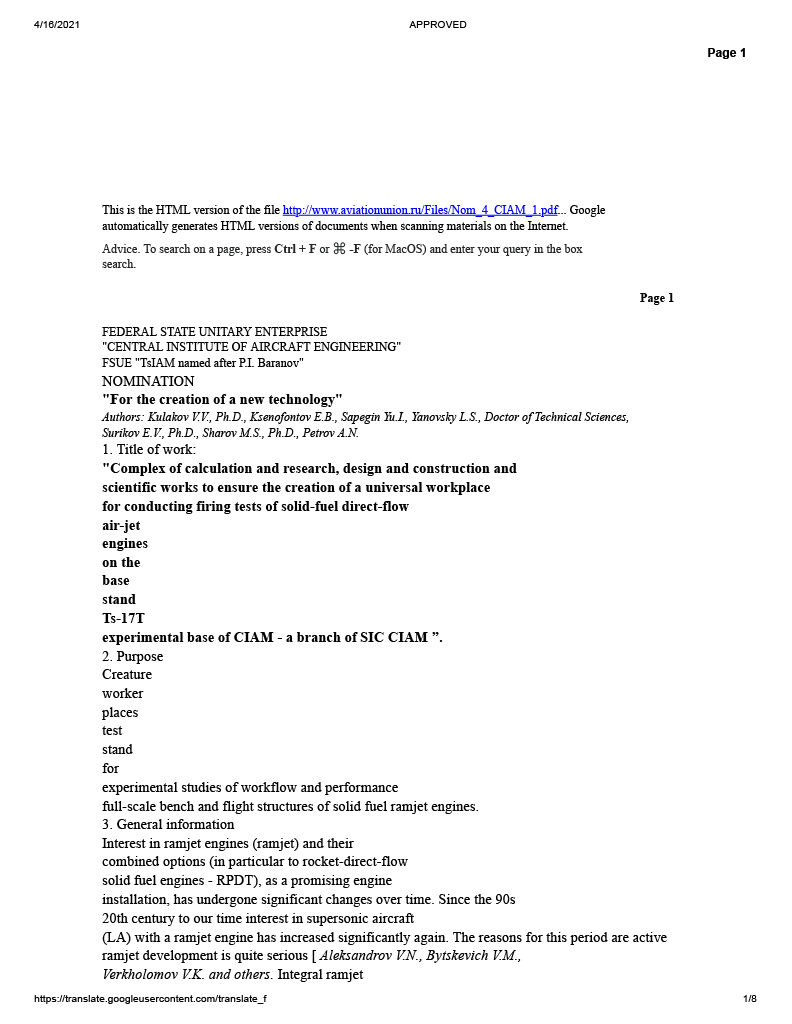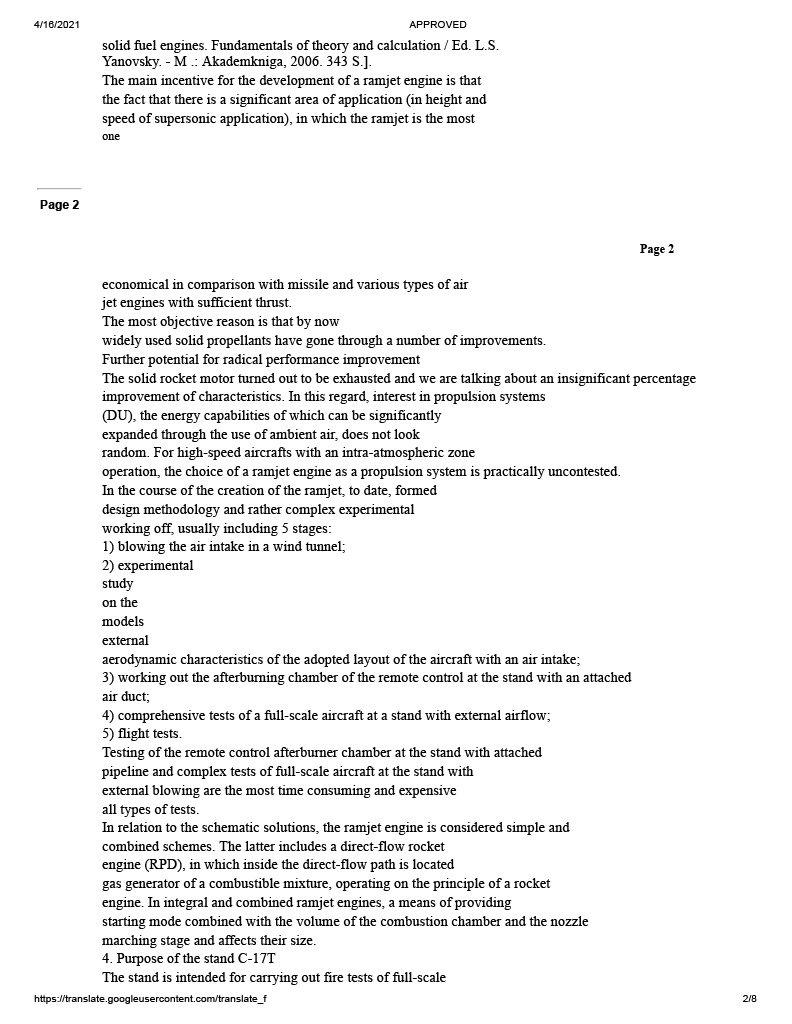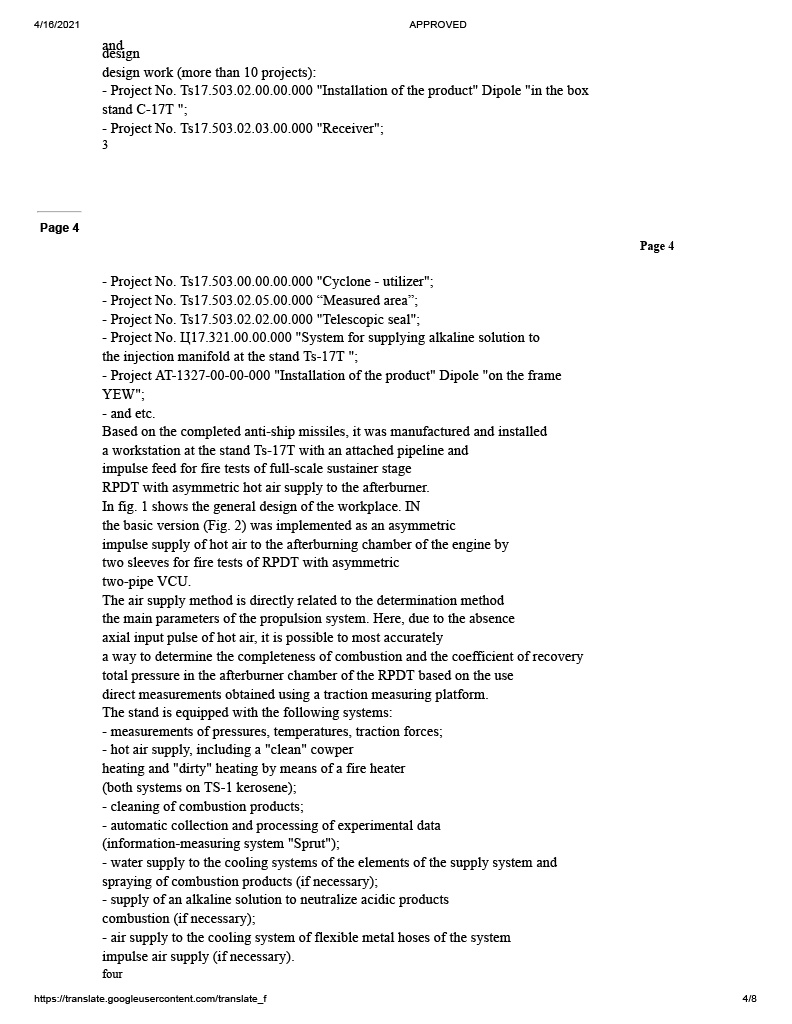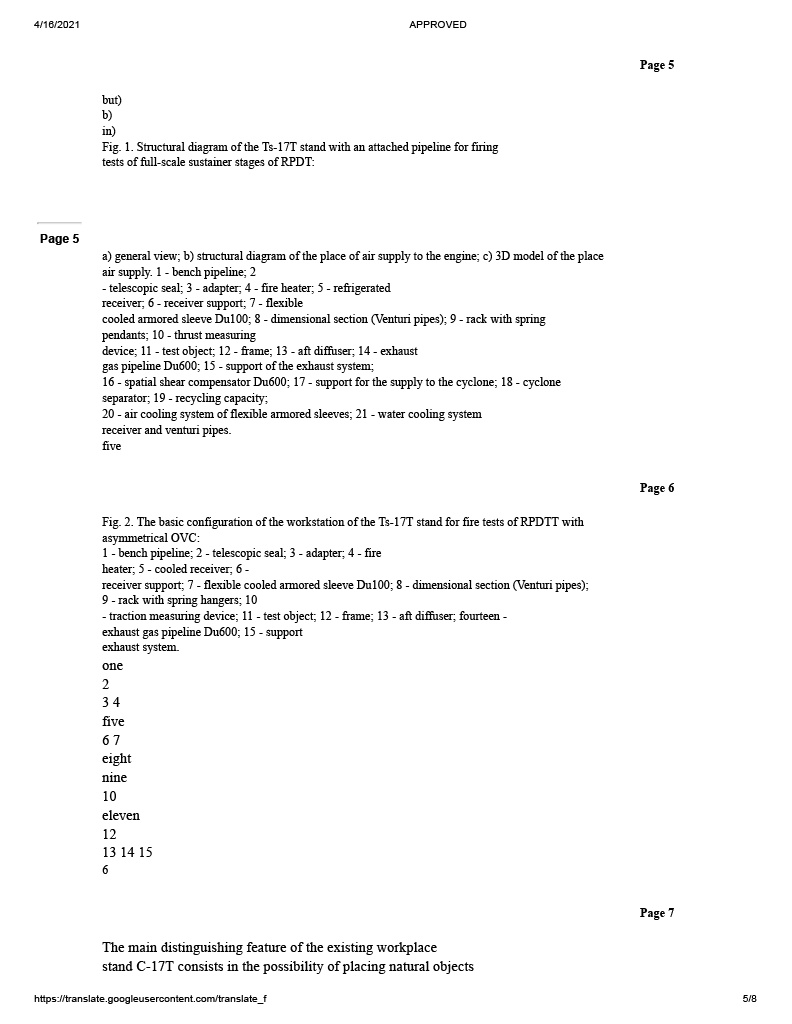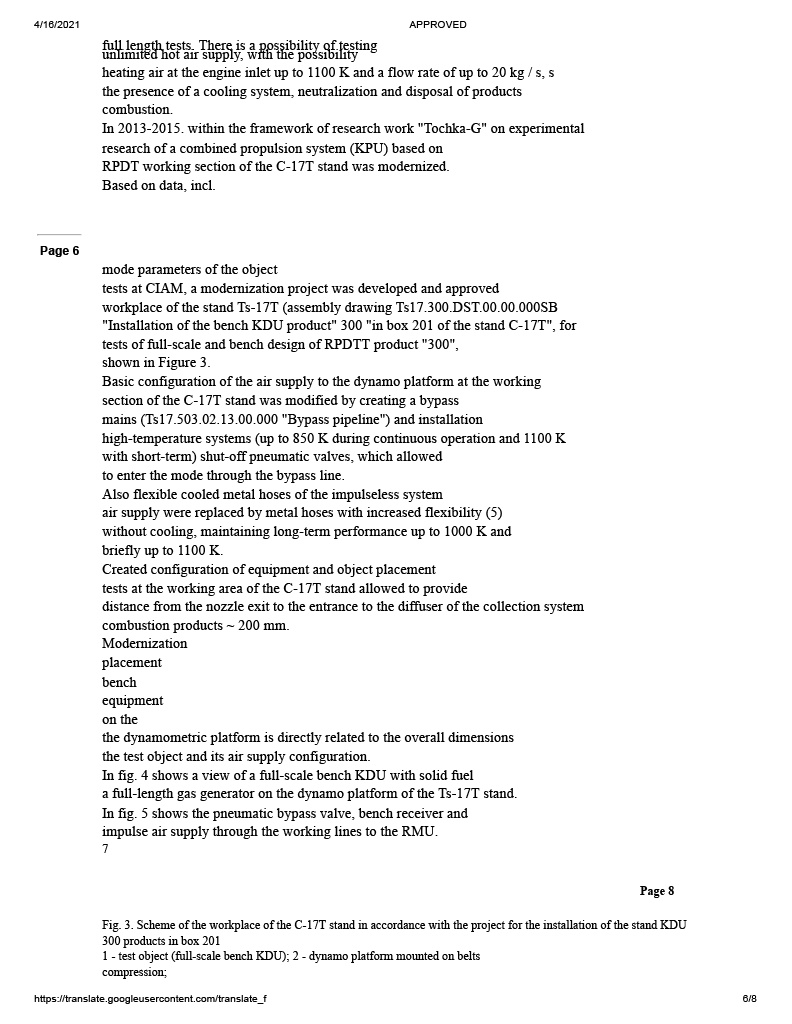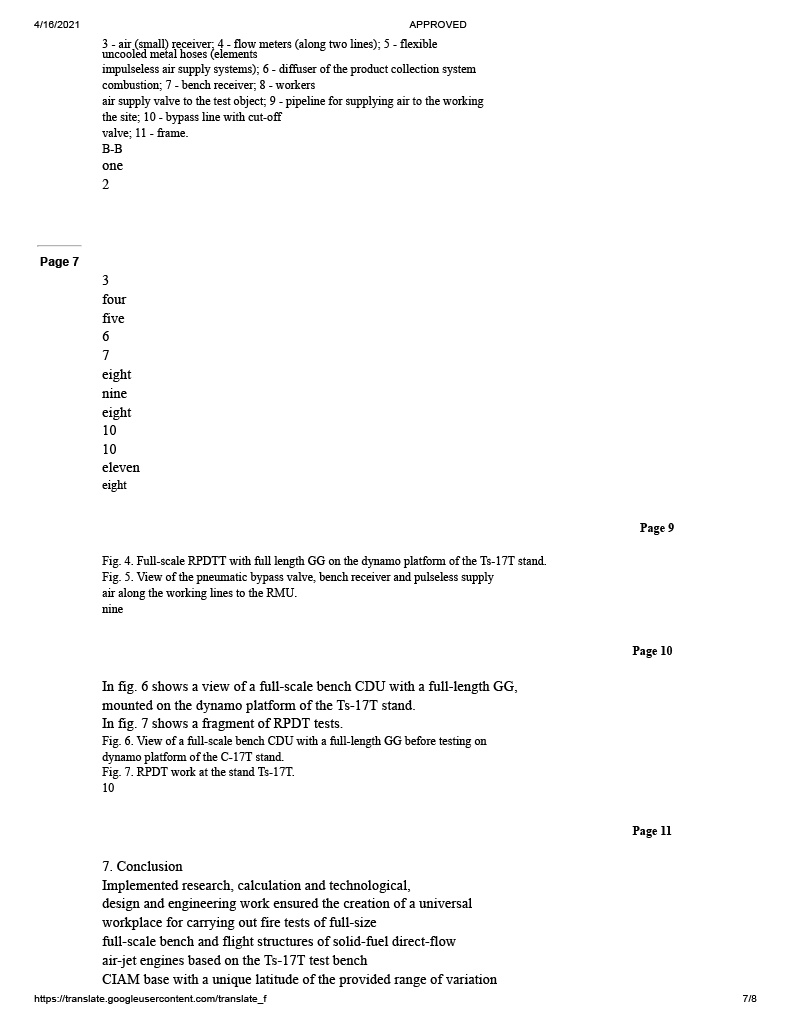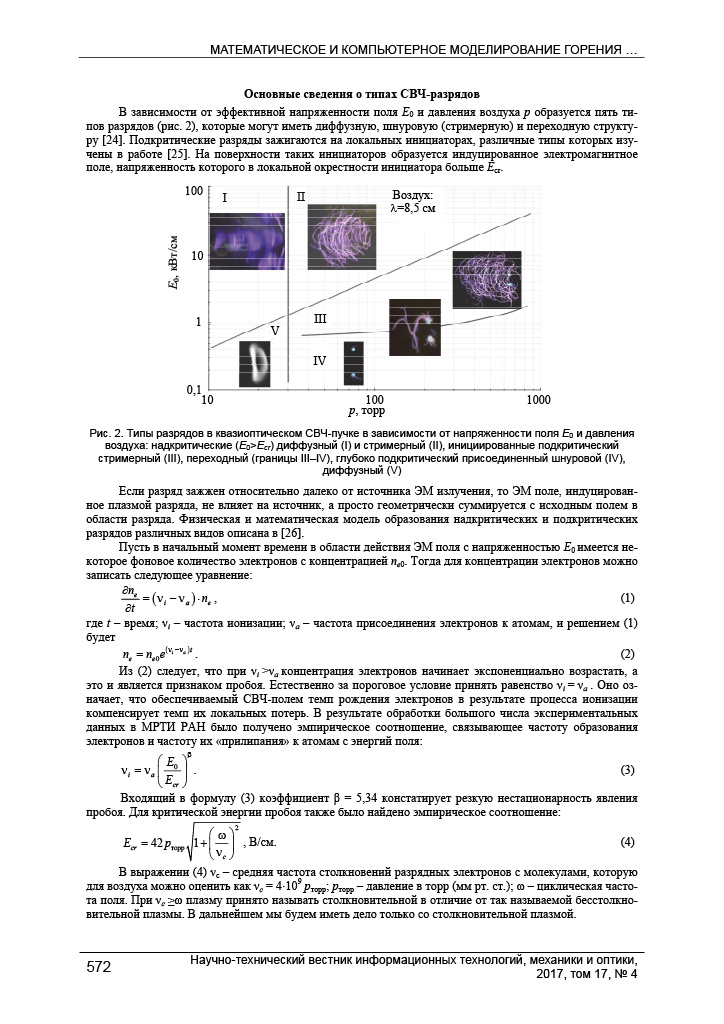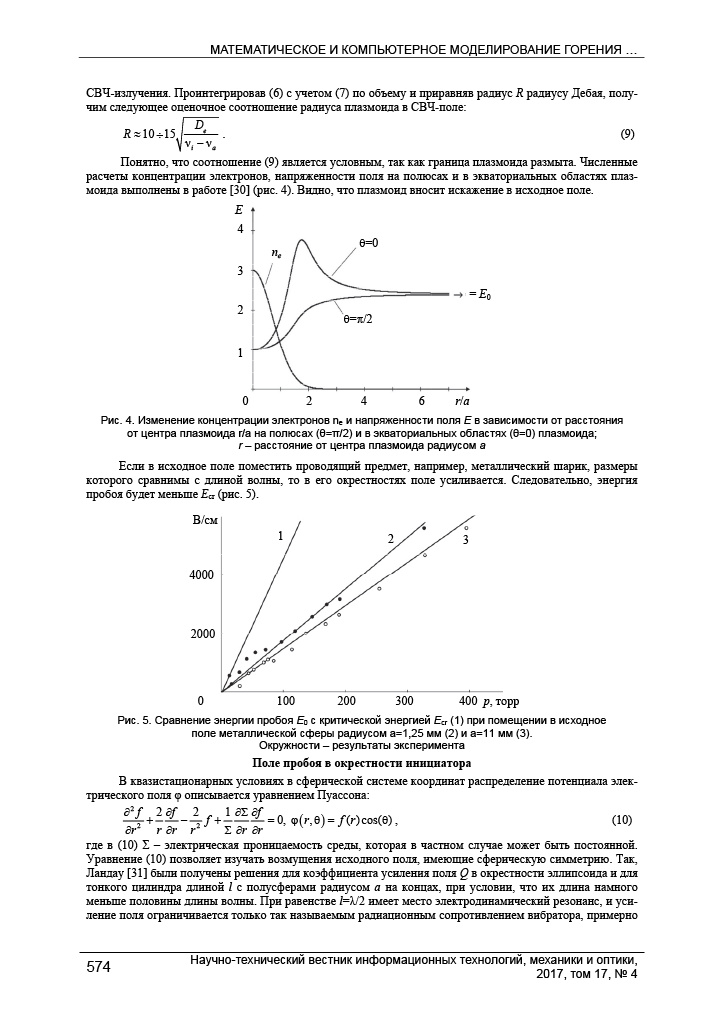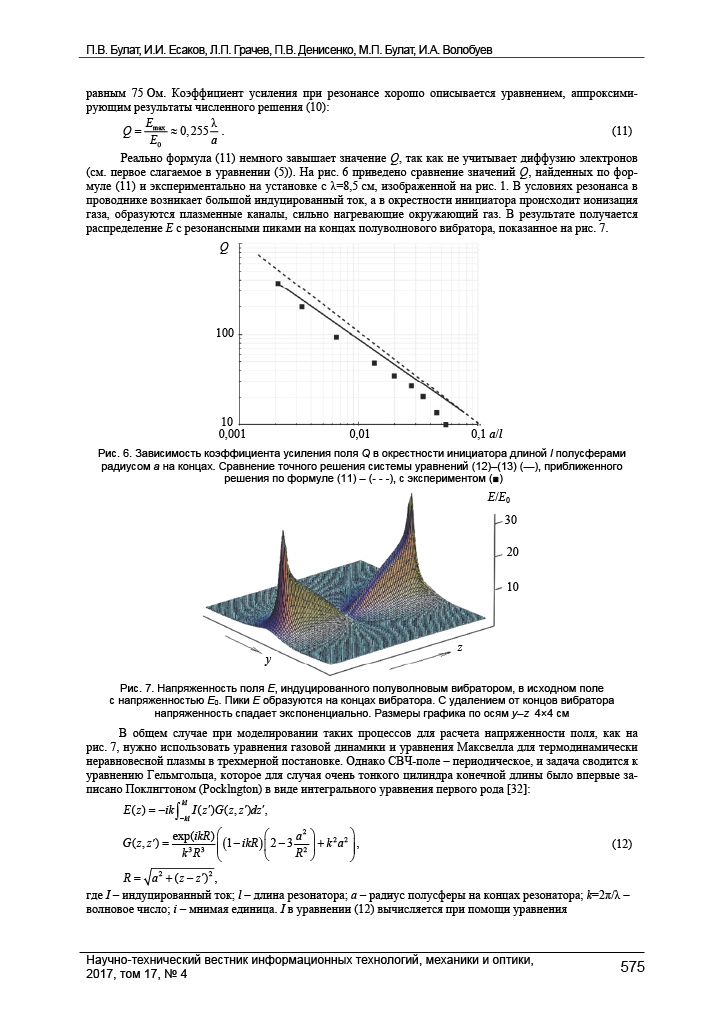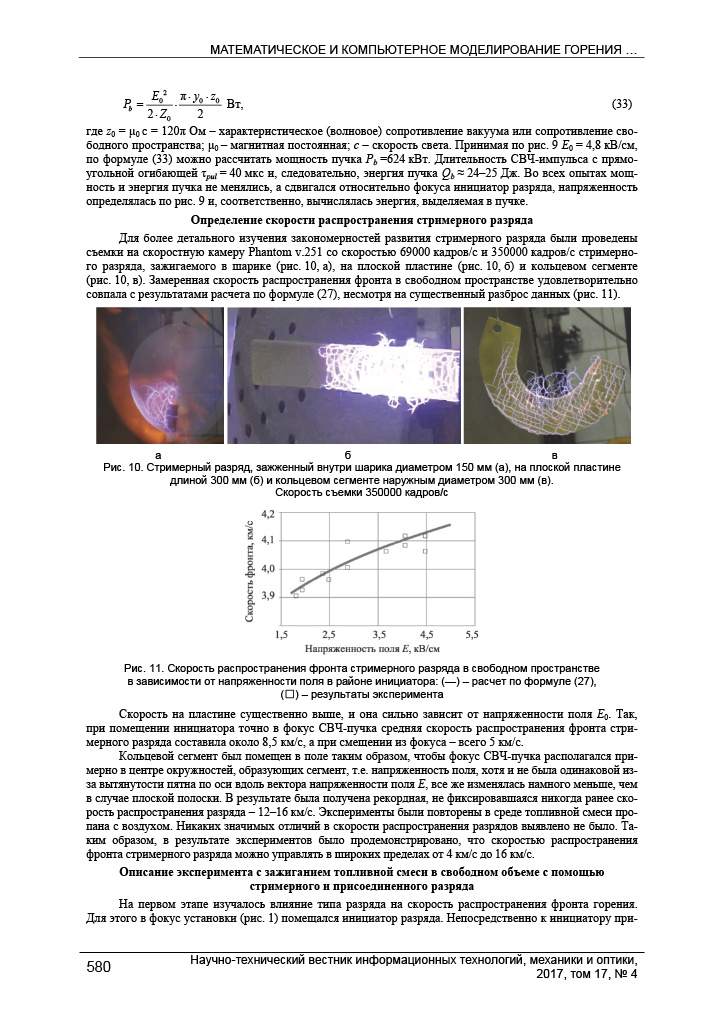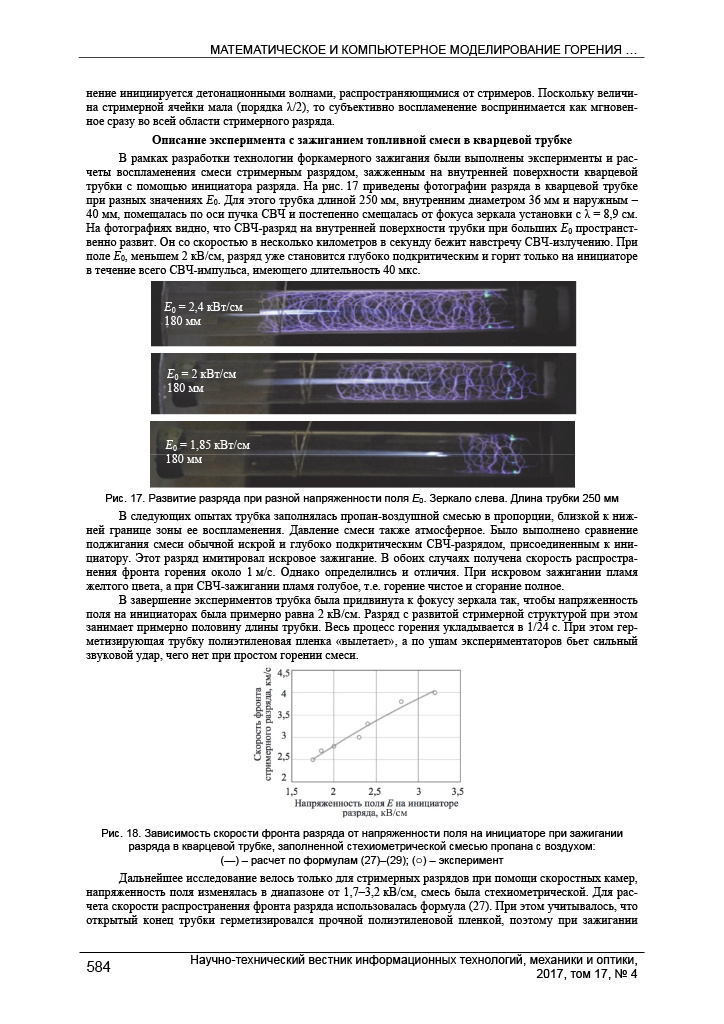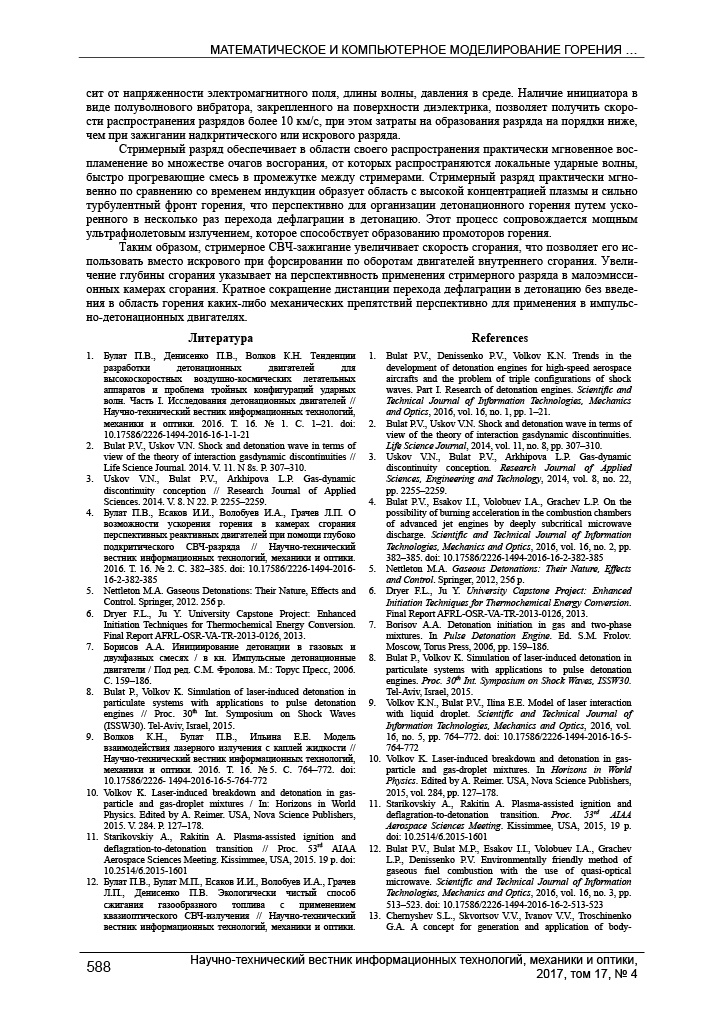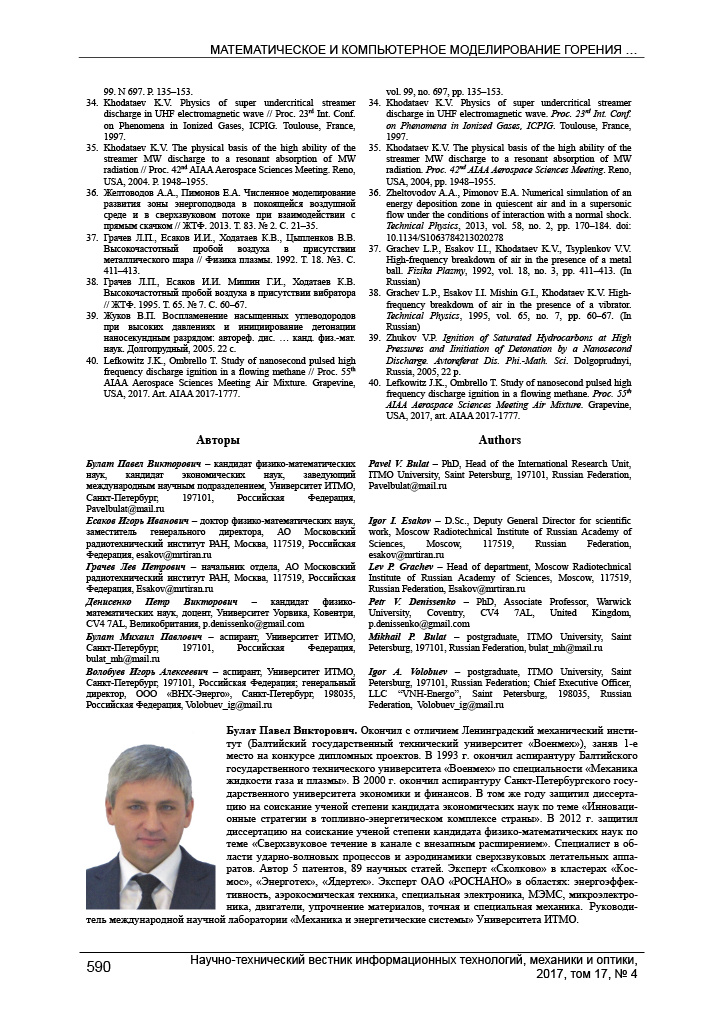+70
BenVaserlan
Swgman_BK
Werewolf
Broski
lancelot
Finty
Kiko
franco
TMA1
Backman
limb
x_54_u43
Firebird
thegopnik
mnztr
Tsavo Lion
nero
Cyberspec
Isos
LMFS
Stealthflanker
Borschty
Labrador
eehnie
hoom
dino00
william.boutros
sda
GunshipDemocracy
Hole
Arrow
GarryB
The-thing-next-door
ZoA
BM-21
PapaDragon
T-47
eridan
SeigSoloyvov
Pierre Sprey
miketheterrible
marcellogo
kvs
Big_Gazza
Mindstorm
HM1199
Azi
OminousSpudd
Rmf
sepheronx
NEURONAV
gaurav
Mig-31BM2 Super Irbis-E
Austin
Backinblack
Flanky
jhelb
George1
medo
victor1985
KomissarBojanchev
mutantsushi
higurashihougi
magnumcromagnon
flamming_python
Kimppis
Morpheus Eberhardt
Viktor
Vann7
nemrod
74 posters
PAK DP prospective long-range interceptor

limb- Posts : 1550
Points : 1576
Join date : 2020-09-17
Would the mig-41 be able to generate a plasma stealth field?

GarryB- Posts : 40547
Points : 41047
Join date : 2010-03-30
Location : New Zealand
I am curious, how would an interceptor operate in tomorrow's world with hypersonic and stealth weapons.
The OTH radar that would be detecting incoming weapons should detect attacks from 6,000km plus, so even with hypersonic weapons there would be some warning time.
Interceptors are one layer of the defence but certainly not the only layer.
Hypersonic threats will be flying at high altitude and should be easy to detect at extended ranges even by conventional radar... by that time most will be adapted to recognise very very fast moving targets.
In case of a large scale cruise missile or hypersonic attack, by the time it would take the pilots to get into the plane and in the air, identify targets and shoot the hypersonic or stealth strike might as well be completed.
Even during peace time there are MiG-31s sitting on the flight line armed with real missiles and fully fuelled ready to go at a moments notice... in times of real tension they would likely be sitting in the aircraft connected to external power so they could sit there for hours... or take off and get topped up with fuel by inflight refuelling tankers...
At top speed the MiG-31 would be flying for a total of less than 30 minutes... 750km out and 750km back at mach 2.4 to 2.6.
Any indication whether the Mig-41 is going to be a drone at some point in the future? That would significantly reduce the time needed to get in the air.
Very much doubt this... would be a very big aircraft.... current MiG-31 is about 50 tons... the MiG-41 is likely to be 60 to 80 tons fully loaded and fuelled up.
Also, how are the Russians planning to first identify then get a weapons lock signal on stealth cruise missiles as well as hypersonic ones?
Anything coming over the pole heading towards Russia could be considered hostile... especially if it is stealthy or hypersonic.
I suspect the aircraft would fire its missile in a general direction and use a fairly strong radar on its missile to get a weapons lock once close the target. This is going to make the armament of the aircraft very expensive as well which is probably why the missile is going to have multiple heads.
I suspect the first aircraft to operate these massively improved Photonic Radar systems will be the MiG-31 and MiG-41 and Su-57M.
In all cases, after firing a salvo of cruise missiles from a ship an adversary could immediately spread out the missiles kilometers apart to spread the risk of interception. This can also make the Mig's main weapon an overkill.
An R-37M with 5 separate missile warheads will fly a lofted flight trajectory... it will be launched from about 20km altitude and likely transit towards the distant target at 30km altitude or higher... from such a height having subsonic cruise missiles 30km or more below it I would be pretty sure each warhead could lock on to and reach targets 20-30km apart horizontally rather easily... but more likely a string of missiles launched will be a long line of missiles which the R-37 could release as it approaches so the missiles could drop down and then chase from behind out of view of any forward facing sensors and with a clear view of the engine powering the missile.
I think such plane should allow to attack the carriers at big distance, and also take care of space assets
Important to recognise that any western ship in the Arctic ocean launching cruise missiles will be engaged by MiG-31Ks rather than MiG-31BMs, and there no doubt will be a MiG-31K replacement in the form of a MIG-41 optimised for destroying enemy ships using hypersonic long range anti ship missiles.
Runways in the far north means the interceptors and anti ship aircraft can be located much closer to the incoming threats than is currently possible.
Detection of missiles is done by the Voronezh type for ballistic (high flying) targets and for the Konteyner for low flying ones. And still with thousands of km of detection range, it will be difficult to react for some targets of extremely high speed.
Except the missiles of extremely high speed are easy to spot because they have to fly high... the problem is not spotting them... the problem is shooting them down, which they are working on now.
[quoteI agree that the multiple warhead missile is the weapon needed for dealing with massive missile attacks. The spreading of the attacking CMs is a given and the R33/R-37M missile used against them is clearly not efficient for dealing with many hundreds of targets. With the same booster of one R-37 you could propel several small missiles that could be more than enough to take down a CM.[/quote]
They could develop a version of Zircon or Kinzhal that carries a bundle of 20 plus small interceptor air to air missiles and releases them in flight from very high altitudes and speeds... They will have MiG-41 versions of the MiG-31K for attacking ships and once the ships are all destroyed they can start hitting the missiles they might have launched...
Would the mig-41 be able to generate a plasma stealth field?
At mach 4.2 probably not naturally, but then it would not benefit from such a thing. A MiG-31 and MiG-41 will carry enormous powerful radars that scan for targets and threats... plasma stealth fields would make it blind, imagine a blind Hawk or Eagle or Owl?

Kiko- Posts : 3893
Points : 3969
Join date : 2020-11-11
Age : 75
Location : Brasilia

RUSSIA IS DEVELOPING AN INTERCEPTOR FOR THE DEMOLITION OF A US SATELLITE CONSTELLATION
January 31, 2021
It will soon be unsafe for US military intelligence satellites to hover over Russian territory.
The state corporation “Rostec” on January 22nd 2021, in its publication, literally reported the following: “The development of the next generation of fighter jets/interceptors has already begun. The project of a promising long-range intercept aircraft complex (PAK DP) is at the stage of development work.”
This article was published just in time for the holiday – the Day of Aviation of the Russian Air Defense Forces and was devoted to the modernisation of the MiG-31 interceptor fighter to the MiG-31BM version.
After the announcement of further work on the PAK DP project, a number of publications appeared in the Russian press that questioned the need for this development, since the interception tasks can be assigned to the fighters already in service, and the funds allocated for the PAK DP project can be redistributed to other, more urgent purposes.
Let’s try to understand this issue. To date, the tasks of intercepting and destroying various air targets (bombers, cruise missiles, reconnaissance aircraft, refueling aircraft and fighters) in any conditions and at any altitude are worked on by the MiG-31 supersonic all-weather long-range interceptor fighter. The MiG-31 can destroy even low-flying satellite objects.
This jet was adopted in 1981 and was produced until 1994. A total of 519 aircraft of various modifications were produced.
Since 2008, there has been an active process of upgrading the MiG-31 to the MiG-31BM version, which should be completed by 2023. 114 combat vehicles will be updated. Thanks to the new Zaslon-AM radar, the aircraft can detect air targets at a range of up to 320 kilometres and hit them at a range of up to 280 kilometres. It became possible to simultaneously track up to 10 targets and hit 6 targets with missiles.
Importantly, in the MiG-31BM version, the aircraft has turned into a multifunctional combat vehicle. It can interact with anti-aircraft missile systems of air defences, as well as direct guided missiles at air targets from other fighter jets that are approaching the enemy at the range of destruction by missile weapons in a radar silence mode. In addition, the MiG-31BM is able to play the role of a kind of air command post for coordinating the actions of other types of fighter jets whose radars have less power.
Due to the modernisation of avionics and weapons, the effectiveness of the MiG-31BM compared to the MiG-31 increased by 2.6-fold, but, according to experts, this modernisation potential of the system is actually exhausted. The designers believe that the upgrade to the MiG-31BM version will increase the service life of the aircraft by 10 years.
Thus, the MiG-31BM will be able to operate until 2033. It turns out that until this time, the troops should receive a new combat vehicle capable of solving long-range interception tasks, with higher flight and combat characteristics.
The most optimal solution is the project of a promising long-range interception aircraft complex (PAK DP). Of course, the designers do not disclose all the details of this development. But still, bit by bit in the open press, one can collect information and come to certain conclusions based on it.
What’s very important for the PAK DP project is that the aircraft will not be created from scratch, but on the basis of the MiG-31. We remind you that 519 MiG-31 aircraft of various modifications were produced. This fighter jet/interceptor has a body made of titanium alloy, the resource of which is almost inexhaustible. Conclusion: the MiG-31 airframe will be the basis for the PAK DP.
Thus, the question arises about the appropriate modern contents of the new fighter jet/interceptor. We believe that the PAK DP should receive a new generation radar – a radiophoton radar with a high level of efficiency. The efficiency of a radiophoton radar is estimated at 70%, and conventional radars have an efficiency of no more than 40%.
It is obvious that the PAK DP will receive an electro-remote control system instead of a cable control system. The jet will become more manoeuvrable. In addition, this will be a step towards the unmanned version of the PAK DP.
Of course, the new fighter jet/interceptor will be equipped with new or improved engines. Only they will be able to provide it with a speed of Mach 4.3 (more than 4500 km/h), and according to some sources – up to Mach 5.
It should be noted that the maximum permissible flight speed of the MiG-31BM reaches 3,400 km/h, which allows them to reach the launch line of cruise missiles by strategic enemy bombers in the shortest possible time. And for the PAK DA, this indicator will be higher by at least 30% – 4500 km/h.
The R-37M long-range air-to-air missile has a maximum range of 300 kilometers. The combat range of the MiG-31BM is 720 kilometers. With the R-37 missile, the MiG-31BM, taking into account its announced combat range, can hit an aerial target at a range of up to 1020 kilometres from the take-off airfield.
This significantly exceeds the range of ground-based air defence systems. For example, the range of the S-400 air defence system reaches 400 kilometres, and the S-500 “Prometey” air defence system – 600 kilometres. Thus, in a number of combat missions, ground-based air defence cannot replace a long-range fighter jet/interceptor due to the shorter range of destruction.
That is precisely why, at the end of its service life, the MiG-31BM should be replaced by a PAK DP that can quickly reach the desired area and use missile weapons on strategic bombers before they launch cruise missiles, and if necessary, hit the cruise missiles themselves.
The ability to reach high altitudes up to near space will allow PAK DA to work on satellites. The demolition of the enemy’s satellite grouping can deprive them of their eyes and ears, and lead to loss of control.
Front-line fighter jets are not able to work on long-range interception tasks, because their flight characteristics do not allow this: they do not have such a high speed and a large combat range. Therefore, we will not compare them with the MiG-31BM. But take the latest Russian fifth-generation fighter, the Su-57. Let’s compare the flight characteristics of the Su-57 fighter with the characteristics of the MiG-31BM interceptor.
The maximum speed of the Su-57 is 2600 km/h, and the MiG-31BM is 3400 km/h. The practical ceiling of the Su-57 is 20,000 meters, the MiG-31BM is 20,600 meters. The practical range of the Su-57 is in the range of 2000-4300 kilometres (depending on the flight mode), the average range of the Su-57 is 2700 kilometres, the MiG-31BM is 1450 kilometres.
Thus, the fifth-generation Su-57 fighter jet in terms of flight performance surpasses the long-standing MiG-31BM in only one parameter – flight range. With the PAK DP, this parameter will be significantly improved.
To date, the troops have received one Su-57. Until 2028, 76 combat vehicles of this brand should be in service. It is obvious that such a number of Su-57 aircraft will not be enough to work on tasks for the main purpose and to perform tasks for long-range interception.
The flight characteristics of the Su-57 and the estimated number of these aircraft in service suggest that our Armed Forces need a separate combat aircraft – a long-range fighter jet/interceptor.
According to “MiG”, the PAK DP will use new types of aircraft weapons, it will be created with the use of new stealth technologies, will be able to transport the necessary number of weapons and operate at a very large interception radius.
Thus, the need for the further work of “MiG” on the project of a promising long-range interception aircraft complex (PAK DP) is not in doubt. Using the MiG-31 fighter as the basis for development will not require a large amount of financial resources to complete this urgent task.
Aleksandr Vladimirov
https://www.stalkerzone.org/russia-is-developing-an-interceptor-for-the-demolition-of-a-us-satellite-constellation/
Finty likes this post

GarryB- Posts : 40547
Points : 41047
Join date : 2010-03-30
Location : New Zealand
They were able to save a lot of time and money by making the MiG-31 essentially a two seat MiG-25... mainly because they were both intended to fly at similar speeds and similar distances against similar threats.
The requirements for the MiG-41 require better range and much higher top speed, which will mean different engines and a larger aircraft.
I honestly don't think they will achieve the required flight speed using the same airframe layout.
The requirements for the MiG-41 require better range and much higher top speed, which will mean different engines and a larger aircraft.
I honestly don't think they will achieve the required flight speed using the same airframe layout.
LMFS likes this post

LMFS- Posts : 5165
Points : 5161
Join date : 2018-03-04
I also don't think it can be the same airframe if the requirements are so different. As to the time still in service for the MiG-31, what I have read is exactly the opposite from what the author says, that is, that the modernization potential of the platform is still there. Considering the time needed to develop and test a new plane, plus the time needed to produce enough numbers to substitute older models, I don't think the MiG-31 is going to leave service much before 2040, and in fact I see logic in both planes operating in parallel to a certain extent. A better radar + supercruising engines + MFRK-DP are the obvious elements that could increase substantially the capacity of the plane without needing to heavily modify the airframe, the first two would be just natural takeovers from the PAK-FA program.

GarryB- Posts : 40547
Points : 41047
Join date : 2010-03-30
Location : New Zealand
I agree, there will come a time when the threat is hypersonic manouvering missiles and single orbit low flying satellite weapons where a MiG-41 will be needed, but the subsonic long range aircraft with the subsonic cruise missiles and even a few supersonic cruise missiles can always be handled by the MiG-31.
A larger faster higher flying aircraft could lob anti ship missiles to greater ranges and speeds, but even a subsonic aircraft can launch these missiles at targets beyond the range of their current air defence missiles can reach the launch aircraft anyway.
I am looking forward to see what design they come up with.
A larger faster higher flying aircraft could lob anti ship missiles to greater ranges and speeds, but even a subsonic aircraft can launch these missiles at targets beyond the range of their current air defence missiles can reach the launch aircraft anyway.
I am looking forward to see what design they come up with.
Finty likes this post

Arrow- Posts : 3491
Points : 3481
Join date : 2012-02-13
https://aviationweek.com/defense-space/budget-policy-operations/russia-researching-future-interceptor-technologies-new-light
LMFS and Finty like this post

LMFS- Posts : 5165
Points : 5161
Join date : 2018-03-04
Hey that is a very good link, not only about PAK-DP but also LMFS 


Arrow- Posts : 3491
Points : 3481
Join date : 2012-02-13
Unfortunately, there is still a long way to go to PAK DP. 


GarryB- Posts : 40547
Points : 41047
Join date : 2010-03-30
Location : New Zealand
The MiG-31 is currently doing a good job.
If the MiG-41 is entering service next year or the year after it wont and cant be that much better than the current MiG-31, so it is a rather good thing it is going to take a while.... it should be well worth the wait.
The comments in the article about the Russian economy and how its current state suggests it wont be able to afford a light stealth fighter are as boring as they are amusing.
It seems Piotr things there might be a flu pandemic every year for the next ten years to effect the Russian economy and prevent spending on new aircraft...
If the MiG-41 is entering service next year or the year after it wont and cant be that much better than the current MiG-31, so it is a rather good thing it is going to take a while.... it should be well worth the wait.
The comments in the article about the Russian economy and how its current state suggests it wont be able to afford a light stealth fighter are as boring as they are amusing.
It seems Piotr things there might be a flu pandemic every year for the next ten years to effect the Russian economy and prevent spending on new aircraft...

LMFS- Posts : 5165
Points : 5161
Join date : 2018-03-04
GarryB wrote:The MiG-31 is currently doing a good job.
If the MiG-41 is entering service next year or the year after it wont and cant be that much better than the current MiG-31, so it is a rather good thing it is going to take a while.... it should be well worth the wait.
The comments in the article about the Russian economy and how its current state suggests it wont be able to afford a light stealth fighter are as boring as they are amusing.
It seems Piotr things there might be a flu pandemic every year for the next ten years to effect the Russian economy and prevent spending on new aircraft...
Seems to be the retardation quota you need to publish on Western media, but other than that the guy makes very good research of what has been published and is well connected. Definitely worth reading.

LMFS- Posts : 5165
Points : 5161
Join date : 2018-03-04
Nice piece on the PAK-DP:
https://redsamovar.com/2021/03/08/actu-pak-dp-le-prochain-intercepteur-russe/
https://redsamovar.com/2021/03/08/actu-pak-dp-le-prochain-intercepteur-russe/
thegopnik and Finty like this post

mnztr- Posts : 2898
Points : 2936
Join date : 2018-01-21
This plane will be the roll out of the decade. I cannot wait to see what they come up with.
thegopnik and Hole like this post

Backman- Posts : 2709
Points : 2723
Join date : 2020-11-11
Probably been posted. But I like this evolutionary design. From the Mig 31
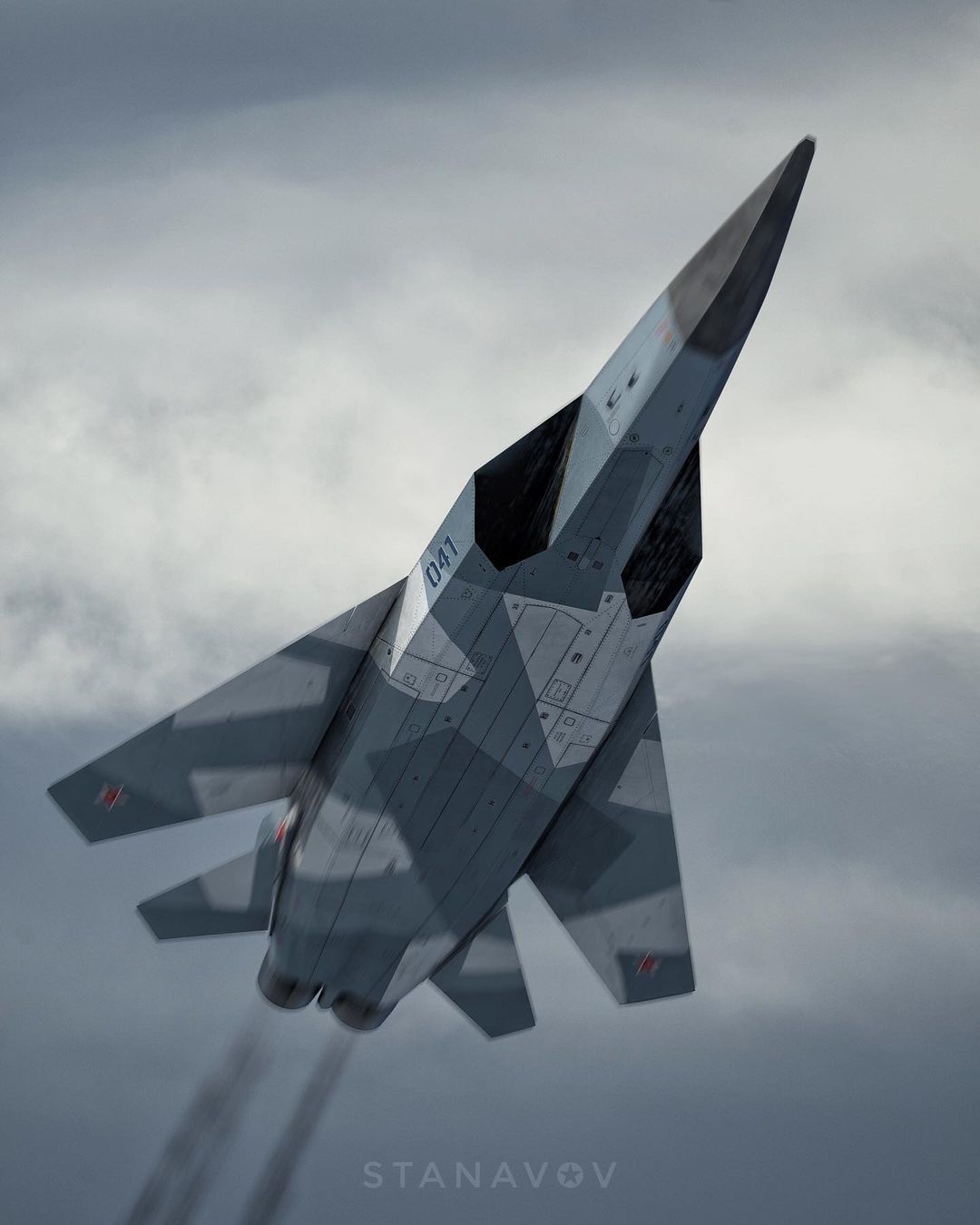
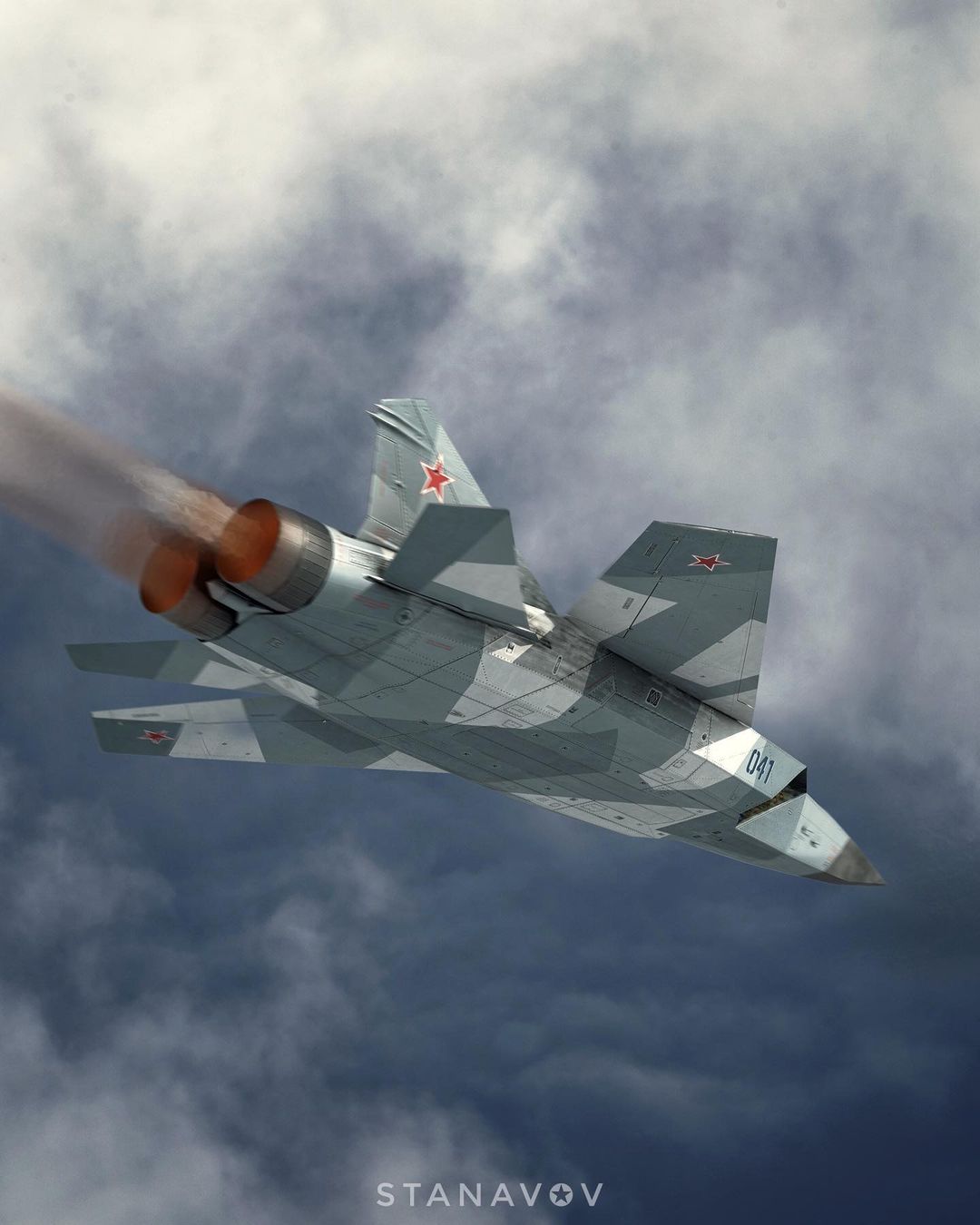


LMFS and Finty like this post

GarryB- Posts : 40547
Points : 41047
Join date : 2010-03-30
Location : New Zealand
Obvious problem would be the swept wings... maybe if it is the 1970s then that would be OK or if they are swing wings and that shows them swept.
Since the MiG-29 and Su-27 they have not used swept wings...
Since the MiG-29 and Su-27 they have not used swept wings...

Backman- Posts : 2709
Points : 2723
Join date : 2020-11-11
GarryB wrote:Obvious problem would be the swept wings... maybe if it is the 1970s then that would be OK or if they are swing wings and that shows them swept.
Since the MiG-29 and Su-27 they have not used swept wings...
Yeah the sweep looks like a bit much. I doubt they are swings. But they want to bring the top speed higher so maybe that's what they need. They will need the longest runways for take off and landing
Swing wings are too complicated but I wonder why they can't put on some retractable canards like the tu-144 had. Those aren't as complicated as swinging the main wing.

GarryB- Posts : 40547
Points : 41047
Join date : 2010-03-30
Location : New Zealand
I would think more sophisticated wing designs would be like the Su-57 but thinner and designed to change profile... ie leading edge flaps and trailing slats... perhaps even blown flaps to improve low speed flight performance for takeoff and landing, while being razor thin low drag at top speed.
Big long swept wings like that only make sense if they can be swept forward as straight wings for high lift... otherwise short stubby wings make more sense but will require long runways.
Big long swept wings like that only make sense if they can be swept forward as straight wings for high lift... otherwise short stubby wings make more sense but will require long runways.

magnumcromagnon- Posts : 8138
Points : 8273
Join date : 2013-12-05
Location : Pindos ave., Pindosville, Pindosylvania, Pindostan
More on the potential of spin-detonation ramjets, which in my opinion is the likely leading candidate engine type to power the PAK-DP.
x_54_u43's original post on the subject:
The use of 'solid' fuel, aka a very dense gel of a high caloric liquid fuel in a detonating (non-deflagrating) ramjet engine:
The bottom threw images apparently were tests conducted on April 14th, 2015.
Also it looks like they're investigating the potential use of microwave ignition (of 'detonating' not deflagrating fuel) like we've seen on 2S35 Koalitsiya-SV's propellant stubs.
x_54_u43's original post on the subject:
x_54_u43 wrote:Air-breathing spin detonation ramjet, video of test and link to website.
https://fpi.gov.ru/projects/fiziko-tekhnicheskie-issledovaniya/detonatsionnyy-pvrd/
PS, lots of other VERY interesting projects on that website, from liquid breathing apparatuses to super polymers to new forms of 3d printing, ooh la la.
https://fpi.gov.ru/projects/fiziko-tekhnicheskie-issledovaniya/predel/
https://www.russiadefence.net/t2758p575-russia-us-and-other-developments-in-hypersonic-research#282397
The use of 'solid' fuel, aka a very dense gel of a high caloric liquid fuel in a detonating (non-deflagrating) ramjet engine:
The bottom threw images apparently were tests conducted on April 14th, 2015.
Also it looks like they're investigating the potential use of microwave ignition (of 'detonating' not deflagrating fuel) like we've seen on 2S35 Koalitsiya-SV's propellant stubs.
The possibilities of initiating combustion and detonation of a propane-air mixture by microwave discharges generated by a quasi-optical electromagnetic beam are considered. A comparison is made of initiation by different types of discharge - spark, streamer, and attached. The theory of the formation of streamer discharges is presented, the velocity of their propagation and the amount of supplied energy are analyzed. Experiments and calculations of the ignition of a propane-air mixture by various types of discharges have been carried out. It is shown that upon initiation of combustion by a streamer discharge, in comparison with a spark discharge equal in energy contribution, a multiple increase in the speed of propagation of the flame front and the completeness of fuel combustion was obtained. With pre-chamber initiation of combustion by igniting a streamer discharge on the inner walls of a quartz tube, a significant acceleration of combustion was obtained up to velocities characteristic for the transition of deflagration to detonation. The results can find application in the development of multi-site volumetric ignition systems in internal combustion engines, gas turbine engines, low-emission combustion chambers, for organizing combustion in a supersonic flow, as well as in combustion chambers of detonation engines.
https://www.researchgate.net/publication/318470797_MATEMATICESKOE_I_KOMPUTERNOE_MODELIROVANIE_GORENIA_I_DETONACII_PODKRITICESKIM_STRIMERNYM_RAZRADOM
dino00, kvs, x_54_u43, LMFS and UZB-76 like this post

LMFS- Posts : 5165
Points : 5161
Join date : 2018-03-04
Good info!
PDE seems one step ahead of PAK-DP, at least as far as I can see, UEC is talking about using the core of the izd. 30 for this plane. This is compatible with a ABVCE for highly supersonic speeds up to 4 M like the RTA engine based in the YF120 (this would be yet another evidence indicating that izd. 30 is a VCE). This makes a lot of sense and is relatively "easy", what strikes me specially is that RTA talks about almost exactly the same speed as the 4.2 M that was hinted for PAK-DP, this is hardly a coincidence.
PDE seems one step ahead of PAK-DP, at least as far as I can see, UEC is talking about using the core of the izd. 30 for this plane. This is compatible with a ABVCE for highly supersonic speeds up to 4 M like the RTA engine based in the YF120 (this would be yet another evidence indicating that izd. 30 is a VCE). This makes a lot of sense and is relatively "easy", what strikes me specially is that RTA talks about almost exactly the same speed as the 4.2 M that was hinted for PAK-DP, this is hardly a coincidence.

magnumcromagnon- Posts : 8138
Points : 8273
Join date : 2013-12-05
Location : Pindos ave., Pindosville, Pindosylvania, Pindostan
LMFS likes this post

magnumcromagnon- Posts : 8138
Points : 8273
Join date : 2013-12-05
Location : Pindos ave., Pindosville, Pindosylvania, Pindostan
Scientific and Technical Bulletin of Information Technologies, Mechanics and Optics,
2016, Volume 16, No. 1 4
The main problem at supersonic speeds is the increased specific fuel consumption. The takeoff weight of an aircraft at supersonic speeds (Mach number M> 1) is a power law function of the flight range, i.e. fuel reserve grows nonlinearly with increasing range. That is why the SPS-2 (Tu-244), designed for an intercontinental flight range, makes sense to design for a significantly greater passenger capacity than the Tu-144, otherwise the plane will carry itself and fuel, and not a payload.
At supersonic speeds, wave drag is added to the friction and pressure drag. If at subsonic speeds the perturbations created by the body of the aircraft are concentrated near its surface (inside the boundary layer and within a certain distance at which the pressure waves decay), then at supersonic speeds the picture is different. The shock waves generated by the aircraft are damped relatively weakly and can propagate for many kilometers, reaching the Earth's surface. Behind the front of these shock waves, the direction and magnitude of the velocity vector changes, and, accordingly, the gas momentum. The force of resistance, as is known, due to the laws of conservation, is equal to a change in momentum, therefore the resistance created by the shock waves is very high, since the mass of air involved in movement is large.
However, this does not mean that a supersonic aircraft with an equal fuel reserve with a subsonic aircraft must necessarily have a shorter range.
The flight range is determined by the Breguet formula
L = 1062 (KM / Ce) ln (G1 / G2), where K - aerodynamic quality; M is the Mach number; Ce is the coefficient of specific fuel consumption; G1 is the initial weight of the aircraft; G2 is the final weight of the aircraft. Several important conclusions can be drawn from this. The range is directly proportional to the speed, i.e. a supersonic aircraft with the same range as a subsonic aircraft may have a lower aerodynamic quality. The flight range is determined by the product KM. For the Tu-144, it is about 17.6 at M = 2.2, which is more than that of modern subsonic airliners (KM ~ 16). The Tu-244 was supposed to have an aerodynamic quality of about 9.5 at M = 2.2. Why, then, today are not considered at all ATP, calculated at a flight speed in the region of M = 2, and are immediately studied hypersonic projects with flight speeds M = 5-6?
It's all about the specific fuel consumption. For subsonic aircraft, Ce ~ 0.7 , for supersonic aircraft , Ce ~ 1.1. The reason is that the supersonic air flow at the inlet to the air intake must first be decelerated to subsonic speed, which is accompanied by losses, then compressed by a compressor, mixed with fuel in the combustion chamber, burned this mixture and accelerated the combustion products to a speed not less than the flight speed ... All these processes at M> 1 are accompanied by losses proportional to the flight speed. It is necessary to reduce Ce by 25%.
An engine with detonation combustion can have a specific consumption of Ce ~ 0.8 at M = 2.2. An ATP with such a power plant at a cruising speed of M = 2.2 will have a longer range than a subsonic aircraft. If we had such an engine at our disposal, the Tu-244 with a cruising speed of M = 2.2 would fly now.
Let us now consider the problems of designing a hypersonic transport aircraft designed for M = 4–5. A modern subsonic passenger aircraft has a KM / Ce ~ 22 complex , while an SPS-2 (M = 2.2) has KM / Ce ~ 19.5, i.e. with an equal supply of fuel, the range of the former will be greater. But at M = 5, a hypersonic aircraft already has KM / Ce ~ 21 . If we compare the transport performance, then the maximum it will be for a hypersonic aircraft, therefore hypersonic aircraft with traditional ramjet ramjet engines in the speed range M = 4-5 can be quite competitive due to the very high transport performance.
Pulse Detonation Development Trends
Spin detonation engine powered supersonic designed aircraft flying at Mach 2.2 will have comparable fuel consumption to subsonic aircraft at flying at Mach .8, which not only means supersonic aircraft will have ranges rivaling subsonic aircraft, but will surpass them in absolute range due to their less drag inducing aerodynamically superior design. This does not include the higher caloric density of solid (gel) propellant, utilizing a more uniformly efficient microwave ignition. Now it makes sense why they want to revive supersonic civilian transport.
It will likely power the MiG-41/PAK-DP (and other fighter aircraft), and revive supersonic transport, but will it supersede subsonic transport platforms? Highly unlikely and it's worth throwing cold water on the idea, not only because of the obvious political obstacles, but because of the volumetric reduction of supersonic aircraft designs. There's also the development of electric engines which will quadruple the absolute max range using standard (Lithium-Ion) batteries, that doesn't even include graphene batteries.
dino00, kvs, Singular_Transform, thegopnik, LMFS and Scorpius like this post

thegopnik- Posts : 1829
Points : 1831
Join date : 2017-09-20
Here is a source a certain somebody did not add on this forum but the other since it does not match the intended goalpost of said user because it had the word hypersonic on it. https://tass.com/defense/1293949
Russia’s Sukhoi aircraft maker (part of the United Aircraft Corporation of Russia’s Rostec) is now developing Russia’s first single-engine low-observable hypersonic light tactical fighter aircraft, an aircraft industry source has told TASS.
"The Sukhoi company is developing a single-engine light tactical plane with the takeoff weight of up to 18 tonnes. The plane’s maximum speed will be above 2 Mach. It will also have super-maneuverability and improved takeoff and landing performance, thanks to a thrust vector control engine. The plane’s thrust-to-weight ratio will be above 1," the source said.
Rostec CEO Sergei Chemezov told reporters in December 2020 that the company was working on the concept of an advanced single-engine light-and medium-class piloted and unmanned combat plane. "Work is underway to develop a combat aviation system of the future in its light and medium classes. Under the design, this may be a universal platform in the manned and unmanned versions. The company is working on the concept and the operational requirements for such a platform. We are doing this on our own initiative so far, without [federal] budget funds," the Rostec chief said.
Russia’s Sukhoi aircraft maker (part of the United Aircraft Corporation of Russia’s Rostec) is now developing Russia’s first single-engine low-observable hypersonic light tactical fighter aircraft, an aircraft industry source has told TASS.
"The Sukhoi company is developing a single-engine light tactical plane with the takeoff weight of up to 18 tonnes. The plane’s maximum speed will be above 2 Mach. It will also have super-maneuverability and improved takeoff and landing performance, thanks to a thrust vector control engine. The plane’s thrust-to-weight ratio will be above 1," the source said.
Rostec CEO Sergei Chemezov told reporters in December 2020 that the company was working on the concept of an advanced single-engine light-and medium-class piloted and unmanned combat plane. "Work is underway to develop a combat aviation system of the future in its light and medium classes. Under the design, this may be a universal platform in the manned and unmanned versions. The company is working on the concept and the operational requirements for such a platform. We are doing this on our own initiative so far, without [federal] budget funds," the Rostec chief said.

LMFS- Posts : 5165
Points : 5161
Join date : 2018-03-04
Yes it is so hypersonic that flies Mach 2... I don't know even where to start with this nonsense you are writing so I will leave it all together. As said, think what you want and please stop referring to me with innuendos, it is quite silly
dino00 and miketheterrible like this post

miketheterrible- Posts : 7383
Points : 7341
Join date : 2016-11-07
Don't expect journalists to know much.

thegopnik- Posts : 1829
Points : 1831
Join date : 2017-09-20
LMFS wrote:
Yes it is so hypersonic that flies Mach 2... I don't know even where to start with this nonsense you are writing so I will leave it all together. As said, think what you want and please stop referring to me with innuendos, it is quite silly
Please dont tell me that you suffer from Alzheimer's
“This will prospectively increase the maximum range and payload mass of aircraft by 1.3–1.5 times. The design will be able to be applied, for example, on orbital spaceplanes, supersonic and hypersonic aircraft, and future-generation rocket and space systems”, said Rostec.
Apr 30, 2021 6:53 pm I would also go re-check magnums early post here where it states that subsonic speeds of cruising in terms of fuel consumption are equivalent to Mach 2.2 meaning if those are just the cruising speeds, that there are indeed higher speeds it can attain than that.




